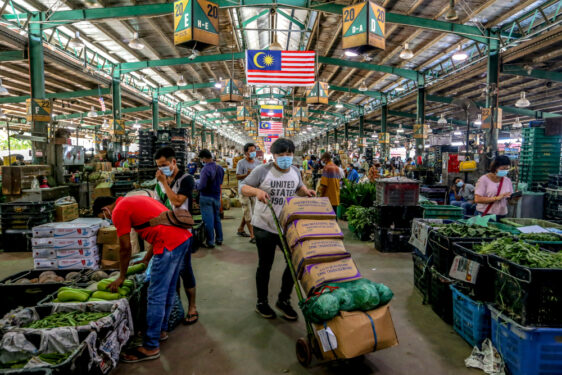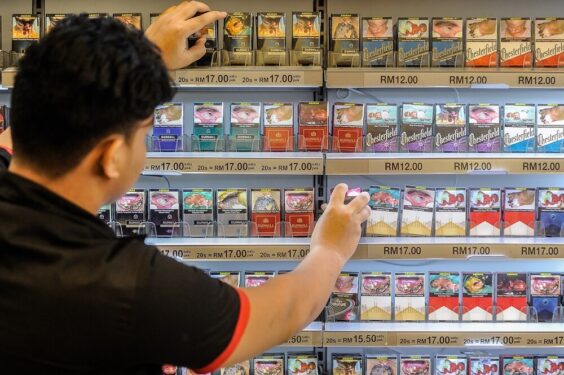THREE months into the formation of an unprecedented unity government, Malaysians are still waiting with bated breath for some desirable changes that will inspire the confidence of both man on the street and foreign investors that the country is in for better times.
There must be clarity in policies and a clear roadmap that would help Malaysia rise from the abysmal economic state that is so notably as in spiralling cost-of-living and decreasing foreign direct investment (FDI) into the country.
Zig-Zagging of policies and contradictory statements among leaders would not bode well to inspire the confidence of lay people and that of the investing community.
One such example is how Economy Minister Rafizi Ramli told the public to boycott businesses that do not lower the prices of goods and services, notably food & beverage (F&B) outlets such as restaurants.
Industry leaders have come out quickly to confirm that there has been a price increase between 5% and 15% in the past year on edible goods such as cooking oil, sugar, flour rice, and Milo packet drinks aside from prices of vegetables and fish that fluctuate based on weather conditions and season.
The eventual cost that consumers have to pay would have to be reflective of the overall increase in the operating expenses, including rental and salary payments that have increased since the implementation of the minimum wage order of RM1,500.
Before the honourable minister makes a statement, a study must be carried out across the whole supply chain so as to ascertain factors that led to the prices that are finally passed down to consumers at eateries.
Everything is expensive
Farmers now have to fork out more with many having already hung up their hoes. If the country is serious about food security, it must go to their aid by ensuring that fertilisers and feed that make up 70% of their costs are available locally.
This would result in savings that can be passed down the chain and eventually to consumers through lower prices.
In order to facilitate the government in assisting them to understand the industry imperatives fully before making decisions, it is proposed that a council of eminent persons that would comprise people from every segment of the economy be established so that sentiments on the ground can be better gauged.
Another important element to spur economic growth is foreign direct investment (FDI) that has somewhat declined over the years as Malaysia continues to lose its allure and attraction as an investment destination to other ‘lesser’ ASEAN economies that have over the years bolstered their infrastructural capabilities while having developed an attractive talent pool.
Malaysia appears to be stuck in the middle-income trap and is unable to move up the chain. This can be addressed by offering an abundant supply of skilled talent, reducing bureaucratic practices and embarking on digitalisation.
The binding constraint of shortage of skilled labour must be swiftly addressed by relaxing conditions for recruiting skilled labour and the provision of ample incentives to attract Malaysian talents working overseas to return home.
Currently, Malaysia is far behind Singapore, Indonesia and Vietnam in terms of attracting FDIs while Thailand and the Philippines are fast catching up.
The newly installed unity government must address this issues urgently to ensure that the Malaysian economy does not continue to lose its footing further but able to soar to the dizzy heights that it once did. – Feb 4, 2023
Main photo credit: Finance Ministry Media











